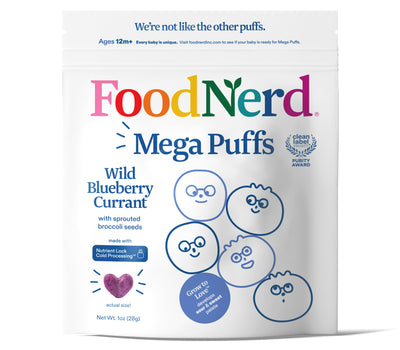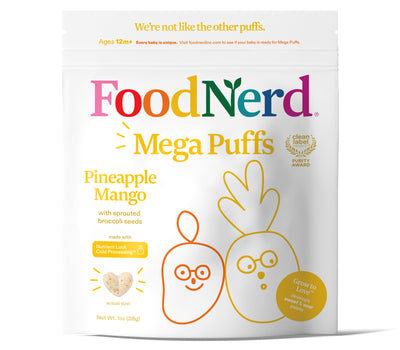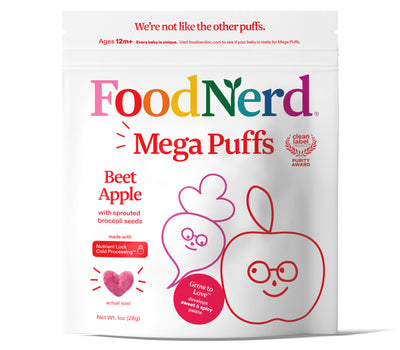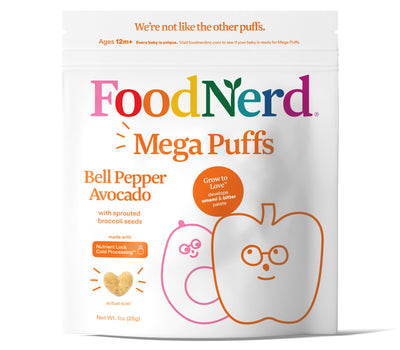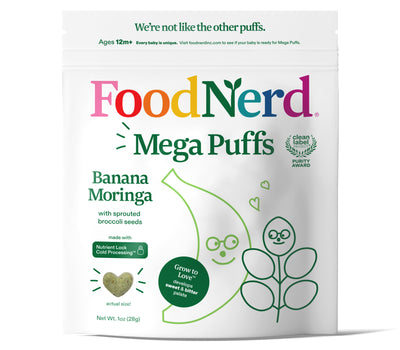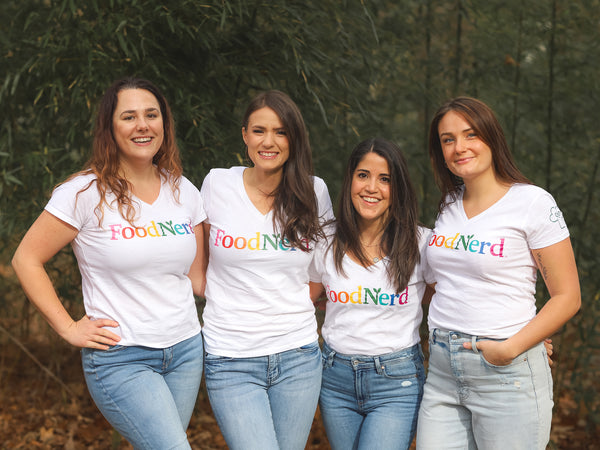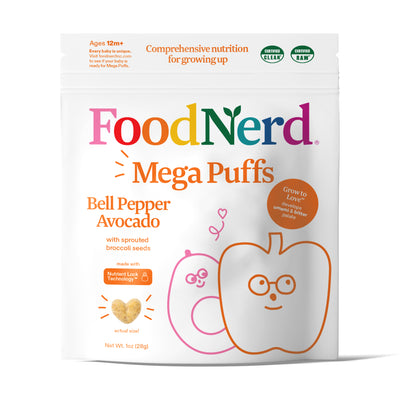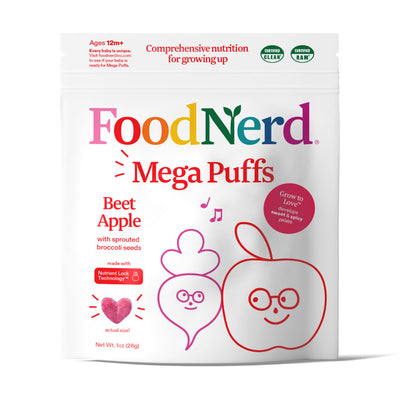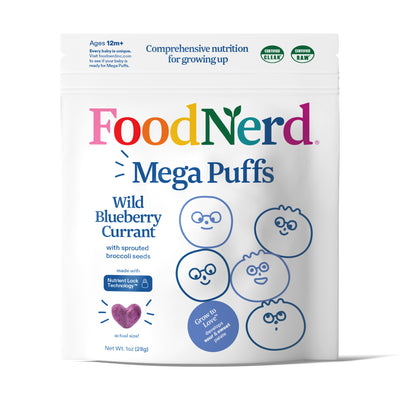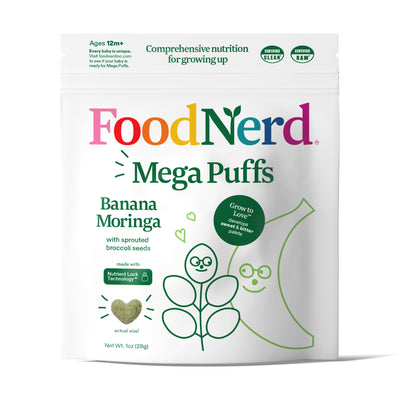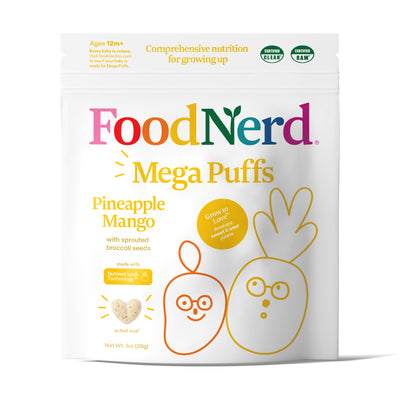Guess that Vitamin
Two words. Got milk? This nutrient is associated with this popular ad campaign. Besides keeping our bones healthy, it has many other vital functions in the body. (Read on to find out!)
Yes, friends, we are referring to calcium here!
What is Calcium and Why Do We Care?
Calcium is an essential mineral that we cannot live without. Since our bodies cannot produce calcium, we have to get enough of it from the food that we eat (food first before supplements).
Calcium has many important functions in the body:
- Required for nerves to carry messages between the brain and all parts of the body
- Helps blood vessels move blood throughout the body, assists in blood clotting, & helps our hearts to beat
- Helps release hormones and enzymes that affect almost every function in the body
- Builds bones & helps keep them healthy
- Enables our muscles to contract
Only 1% of the calcium we need goes towards making these important functions happen. The remaining 99% is stored in our bones and teeth, which supports their structure and hardness.
How Much Calcium Do We Need?
Many Americans need to meet the daily recommended amount of calcium, including people who eat animal products! The Food and Nutrition Board decided on these amounts at the Institute of Medicine.
The Recommended Dietary Allowance (RDA) for calcium is:
- Men & Women 19-50 years: 1,000 mg
- Men 51-70 years: 1,000 mg
- Woman 51-70 years: 1,200 mg
- Men & Women 71 years & older: 1,200 mg
Notes:
- RDA is the average amount of a nutrient you should eat daily to maintain health (for nearly all healthy people). In this case, it is needed to maintain bone health and adequate calcium levels.
- These amounts are listed in milligrams (mg) per day.
*There is debate about whether or not we need less calcium than what is currently recommended. For example, countries with low calcium intakes (as low as 300 mg/day), like Peru, Japan, Africa, and India, have a low incidence of bone fractures, even though they may be getting only 1/3 the amount of calcium that is recommended for Americans.
This study reviewed dietary calcium and fracture risk. It concluded that “dietary calcium intake is not associated with risk of fracture, and there is no clinical trial evidence that increasing calcium intake from dietary sources prevents fractures.” This review included studies on milk and dairy consumption—most found no association between milk and dairy intake and fracture risk.
Verdict: The jury is still out on whether or not the recommended amounts of calcium are more than what we need and whether dietary calcium affects fracture risk.
Sources of Calcium
Animal Sources
- Dairy products, such as milk, cheese, and yogurt
- Fish with soft bones, such as canned sardines and salmon
Plant Sources:

Best Sources:
- Soy foods: edamame, tempeh, tofu prepared with calcium sulfate, soy milk
- Green, leafy vegetables have high bioavailability (a significant portion of the calcium found in these foods is absorbed): kale, broccoli, Brussel sprouts, collard greens, and Chinese cabbage turnip greens
-
- *Note: Spinach & swiss chard contain calcium, but it is hard to absorb since it contains oxalic acid, which blocks calcium absorption.
- Nuts & seeds: Sesame seeds and tahini, flax seeds, and chia seeds
-
- *Note: almonds are high in oxalic acids, but they can be slightly reduced by soaking them.
- Beans and lentils
- Enriched foods, such as breakfast cereals, orange juice, and plant mylks
-
Still good, but contain lower amounts of calcium:
- Oranges, blackberries, and raspberries
- Olives
- Dried fruit: dates, raisins, figs, prunes, dried apricots
Yes, it is true that dairy products have the highest concentration of calcium per serving BUT… The good news is that plant-based eaters can get enough calcium from eating a variety of non-dairy plant sources!
Luckily there are a lot to choose from.
Problems with Absorption
- Watch that Caffeine Intake: Excessive caffeine intake may promote calcium losses in the urine.
- Avoid Excess Salt: Overeating salt from food can increase calcium loss in the urine.
- Eat plant-based protein: Animal protein may leach calcium from the bones, which can be excreted in the urine. Plant-based proteins do not appear to have this effect.
- Old Age: As you get older, it becomes harder for your body to absorb calcium (recommended intake is higher for 70 years and older).
- Not Enough vitamin D. The presence of vitamin D in the body helps to increase calcium absorption.
- Foods that contain anti-nutrients. Both oxalic acid (in some vegetables and beans) and phytic acid (in whole grains) can reduce calcium absorption.
How will I know if I am Deficient?
We lose calcium daily through our skin, nails, hair, sweat, urine, and feces. Our bodies keep an eye on this by tightly regulating the amount of calcium in our blood and the fluid between our cells. If we don’t get enough calcium from our diet, it is taken out of our bones.
This is okay now and then, but if it happens too often, our bones can become porous, weak, and easier to break. Over the long term, this may lead to low bone mass (osteopenia), increased risk of osteoporosis, and bone fractures (the jury is still out on the association between calcium intake and incidence of fractures).
How can Vegans & Vegetarians Avoid becoming Deficient?
You’ve heard it all before—vegans are deficient in essential nutrients, and calcium is said to be one of them. Luckily, many plant sources of calcium can meet our needs.
- Make sure you are eating plenty of plant-based sources of calcium. This means looking at the foods you are eating—make sure you are getting enough calcium from these foods. *Look at nutrition fact labels to determine this*:
- 1. Look at the serving size (serving size determines the amount of calcium you get from that food).
- 2. Look at the amount of calcium that it contains:
- How many milligrams?
- What is the %DV? (% Daily Value shows how much of a nutrient is in one serving of food)
- For example, if the %DV for calcium is 25%, one serving of this food gives you 25% of the calcium you need for that day. You want to aim to get 100% DV for calcium every day.
- Make sure you are eating a wide variety of healthy, minimally processed plant foods, such as fruits, vegetables, whole grains, healthy fats, and plant-based proteins. A well-planned vegan diet can be adequate for proper nutrition, even in nutrients that vegans commonly get less of, such as calcium.
- Food first before supplements, BUT... if accessories are necessary, read below.
The deal with Calcium Supplements:
Many multivitamins contain calcium. If you want a calcium-only supplement, make sure you take one that has vitamin D.
*Note: Research suggests that calcium-only supplements do not protect against fractures and may increase the risk of fractures. There’s also some emerging evidence that taking calcium-only supplements may increase the risk of heart attacks.
Why we don’t need to drink milk to get sufficient amounts of calcium
Calcium is an essential mineral that does much more for us than maintain our bone health.
It is up to us to get enough calcium from our foods (and supplements if necessary). The dairy industry would like you to think that milk and dairy are the best and only sources of bioavailable calcium, but this is not the case! You can meet your calcium needs by eating a variety of plant-based foods.
FoodNerd's Mega Puffs contain around 10% of your child's daily value of calcium! Add these into a diet rich in greens, beans and legumes for a well rounded intake of calcium.

Myth: You need to drink milk and eat dairy products to get enough calcium in your diet.
Fact: You can get all the calcium you need from a minimally processed, whole foods, vegan diet!
Sources:
- “Calcium.” Office of Dietary Supplements, 2019, https://ods.od.nih.gov/factsheets/Calcium-Consumer/.
- “Calcium and Vitamin D.” National Osteoporosis Foundation, 2018, https://www.nof.org/ patients/treatment/calcium vitamin/#:~:text=Calcium% 20is%20a%20mineral%20that, in%20our%20bones%20and%20teeth.
- “Calcium and Strong Bones.” Physicians Committee for Responsible Medicine, 2020, https://www.pcrm.org/health-topics/healthy-bones.
- Bolland, Mark J., et al. "Calcium intake and fracture risk: a systematic review." Bmj 351 (2015): h4580.
- “Boost your calcium levels without dairy? Yes, you can!”—Mayo Foundation for Medical Education and Research, 2019, https://www.mayoclinic.org/boost-your-calcium-levels-without-dairy-yes-you-can/art-20390085.
- Harvard T.H. Chan School of Public Health. “Calcium: What’s Best for Your Bones and Health?”. The President and Fellows of Harvard College, 2020, https://www.hsph.harvard.edu/nutrition source/what-should-you-eat/calcium-and-milk/calcium-full-story/
